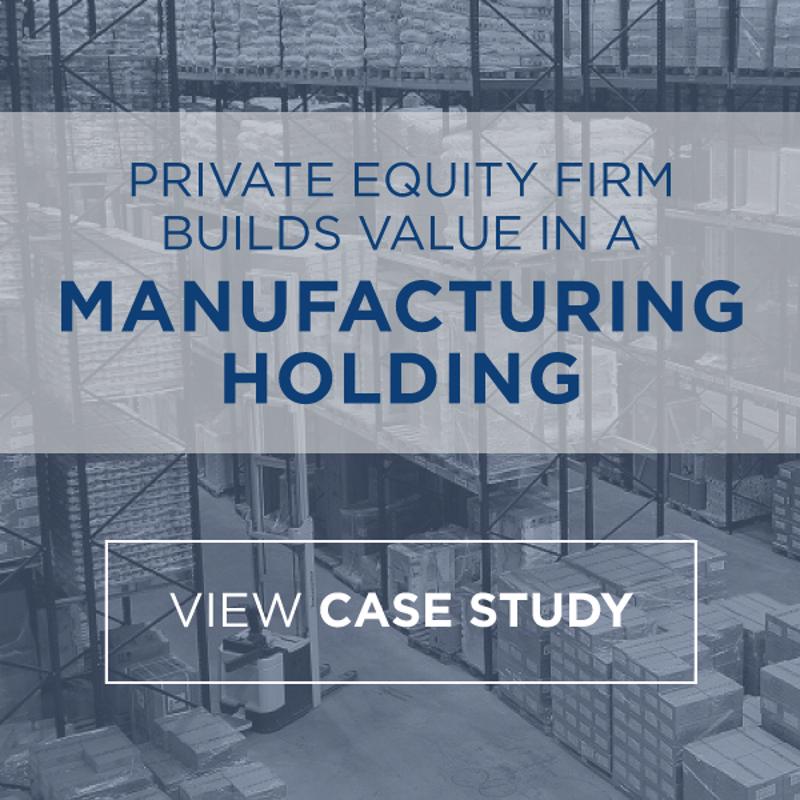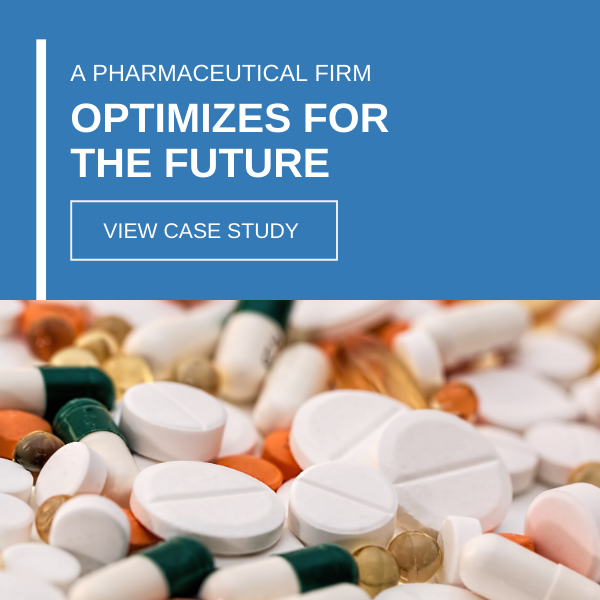-
Subscribe to Blog:
SEARCH THE BLOG
CATEGORIES
- Aerospace
- Asset Maintenance
- Automotive
- Blog
- Building Products
- Case Studies
- Chemical Processing
- Consulting
- Food & Beverage
- Forestry Products
- Hospitals & Healthcare
- Knowledge Transfer
- Lean Manufacturing
- Life Sciences
- Logistics
- Manufacturing
- Material Utilization
- Metals
- Mining
- News
- Office Politics
- Oil & Gas
- Plastics
- Private Equity
- Process Improvement
- Project Management
- Spend Management
- Supply Chain
- Uncategorized
- Utilities
- Whitepapers
BLOG ARCHIVES
- July 2025 (1)
- June 2025 (4)
- May 2025 (1)
- April 2025 (1)
- March 2025 (1)
- February 2025 (4)
- January 2025 (4)
- December 2024 (4)
- November 2024 (2)
- October 2024 (6)
- September 2024 (5)
- August 2024 (5)
- July 2024 (6)
- June 2024 (3)
- May 2024 (3)
- April 2024 (4)
- March 2024 (3)
- February 2024 (4)
- January 2024 (5)
- December 2023 (2)
- November 2023 (1)
- October 2023 (6)
- September 2023 (3)
- August 2023 (4)
- July 2023 (2)
- June 2023 (3)
- May 2023 (7)
- April 2023 (3)
- March 2023 (3)
- February 2023 (5)
- January 2023 (6)
- December 2022 (2)
- November 2022 (5)
- October 2022 (5)
- September 2022 (5)
- August 2022 (6)
- July 2022 (3)
- June 2022 (4)
- May 2022 (5)
- April 2022 (3)
- March 2022 (5)
- February 2022 (4)
- January 2022 (7)
- December 2021 (3)
- November 2021 (5)
- October 2021 (3)
- September 2021 (2)
- August 2021 (6)
- July 2021 (2)
- June 2021 (10)
- May 2021 (4)
- April 2021 (5)
- March 2021 (5)
- February 2021 (3)
- January 2021 (4)
- December 2020 (3)
- November 2020 (3)
- October 2020 (3)
- September 2020 (3)
- August 2020 (4)
- July 2020 (3)
- June 2020 (5)
- May 2020 (3)
- April 2020 (3)
- March 2020 (4)
- February 2020 (4)
- January 2020 (4)
- December 2019 (3)
- November 2019 (2)
- October 2019 (4)
- September 2019 (2)
- August 2019 (4)
- July 2019 (3)
- June 2019 (4)
- May 2019 (2)
- April 2019 (4)
- March 2019 (4)
- February 2019 (5)
- January 2019 (5)
- December 2018 (2)
- November 2018 (2)
- October 2018 (5)
- September 2018 (4)
- August 2018 (3)
- July 2018 (2)
- June 2018 (4)
- May 2018 (3)
- April 2018 (3)
- March 2018 (2)
- February 2018 (2)
- January 2018 (1)
- December 2017 (1)
- November 2017 (2)
- October 2017 (2)
- September 2017 (1)
- August 2017 (2)
- July 2017 (2)
- June 2017 (1)
- April 2017 (3)
- March 2017 (3)
- February 2017 (2)
- January 2017 (2)
- December 2016 (2)
- November 2016 (4)
- October 2016 (4)
- September 2016 (3)
- August 2016 (6)
- July 2016 (4)
- June 2016 (4)
- May 2016 (1)
- April 2016 (3)
- March 2016 (4)
- February 2016 (2)
- January 2016 (4)
- December 2015 (3)
- November 2015 (3)
- October 2015 (1)
- September 2015 (1)
- August 2015 (4)
- July 2015 (6)
- June 2015 (4)
- May 2015 (7)
- April 2015 (6)
- March 2015 (6)
- February 2015 (4)
- January 2015 (3)
CONNECT WITH US
Tag Archives: Affordable Care Act
In March 2010, then President Barack Obama signed into law the Patient Protection and Affordable Care Act and ushered in the era of value-based health care. While various groups within the medical community had been pursuing this outcome for decades, the passage and enactment of the legislation greenlit the creation of regulatory infrastructure needed to promote and facilitate widespread adoption among health care providers, medical device makers and pharmaceutical firms, according to research published in the journal Current Reviews in Musculoskeletal Medicine. Experts predicted the effects of this would ripple across numerous health care-adjacent industries – most notably, the life sciences space.
Did this transformation unfold as expected? Now almost a decade removed from the signing of the ACA, it is possible to assess how the emergence of value-based care has impacted this key sector.
Grappling with operational change
In the immediate aftermath of the legislation, the Centers for Medicare and Medicaid Services swapped the volumetric provider repayment models of the past for those centered on patient outcomes. This modification incentivized hospitals to embrace value-based workflows that reduced the likelihood of readmission and eliminated unnecessary costs to patients. Businesses in the life sciences sector were ultimately forced to grapple with this transformation, as health care providers encouraged them to adopt value-based contracting practices.
The organizations that accepted this challenge made significant adjustments to their operations, incorporating evidence-gathering and patient-engagement methodologies into existing research and development processes with the intention of cultivating effective products that would bolster patient outcomes and therefore generate revenue. However, some companies in the life sciences space resisted, including pharmaceutical firms, many of which leveraged their power in the marketplace to push back against providers promoting value-based care. Just one-quarter of drug companies have adopted value-based contracting strategies, according to PricewaterhouseCoopers.
More transformation on the horizon
The value-based care transformation continues today, despite recent policy changes related to the ACA. Why? The concept works as intended. Almost 80 percent of insurance companies saw care outcomes improve between 2016 and 2018, while watching overall medical costs decrease by more than 5 percent over the same span, researchers from Change Health Care found. This is partially why 75 percent of providers are lobbying vendors in the life sciences sector and other industries to enter into value-based contracting agreements, according to Premier.
In the past, organizations in the industry may have been able to ignore these calls. However, the maturing state of value-based care and pressure from consumers is making this difficult. Here in the U.S., an estimated 80 percent of individuals using medication say pharmaceutical pricing is unreasonable, analysts for the Kaiser Family Foundation discovered. Politicians on both sides of the aisle agree and have expressed a willingness to intervene on patients’ behalf.
With this state of affairs in play, organizations in the life sciences arena would be wise to evaluate their internal workflows and move forward with modifications that prepare them for the value-based future. Here at USC Consulting Group, we have been helping businesses optimize their operations for decades, leveraging proven techniques and tools that ease change and lay the foundation for growth.
Contact us today to learn more about our work.






